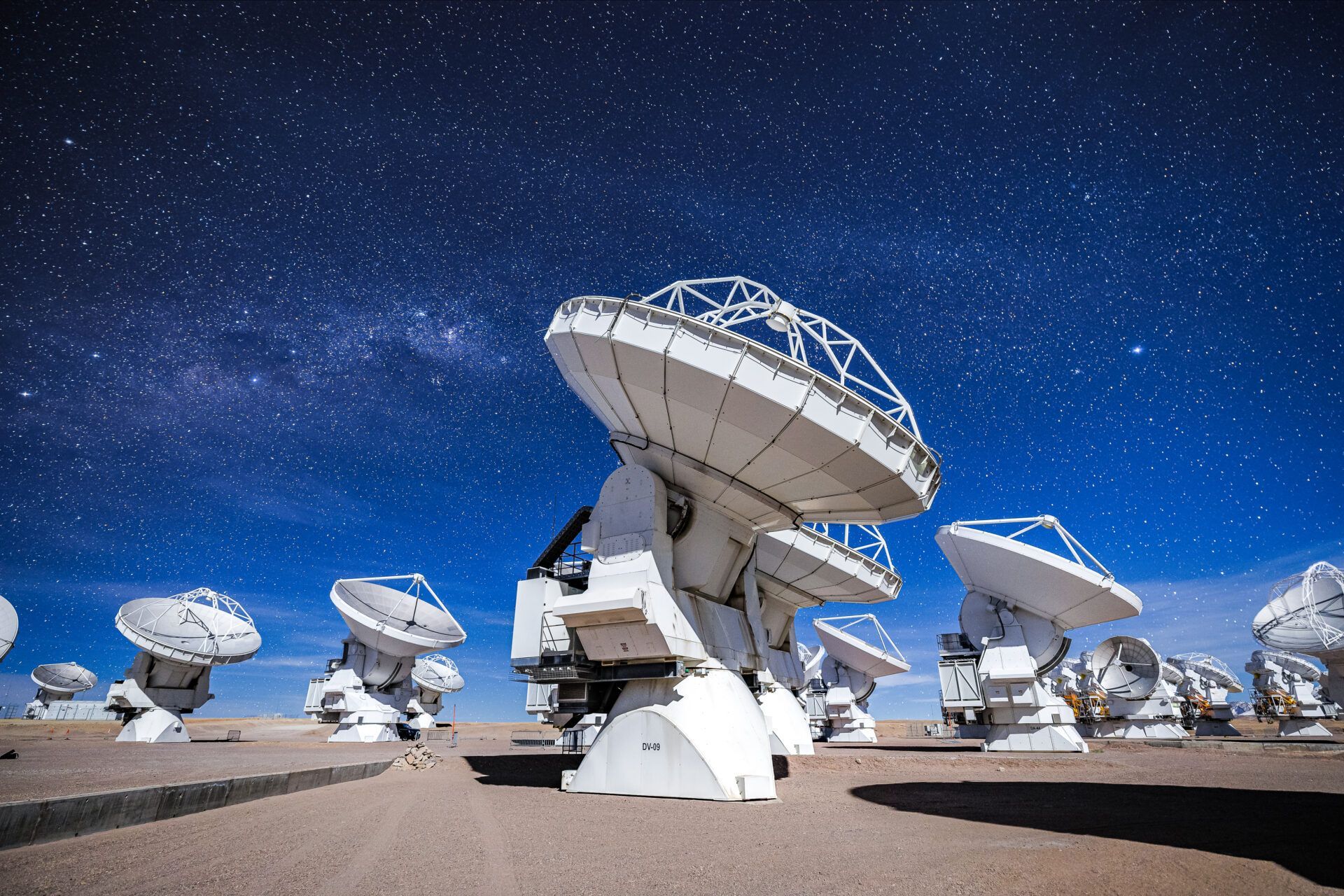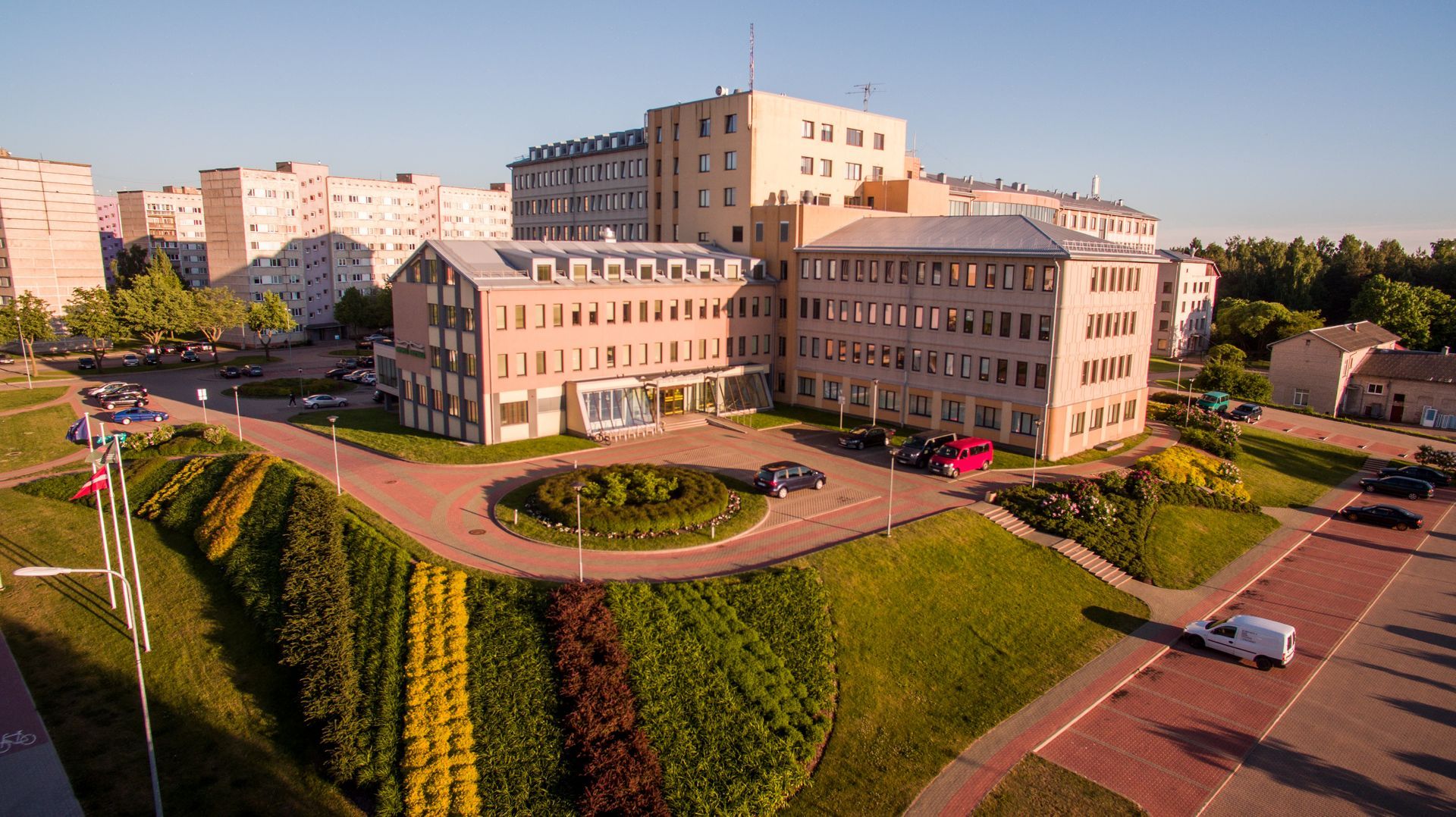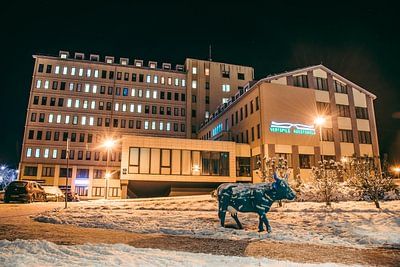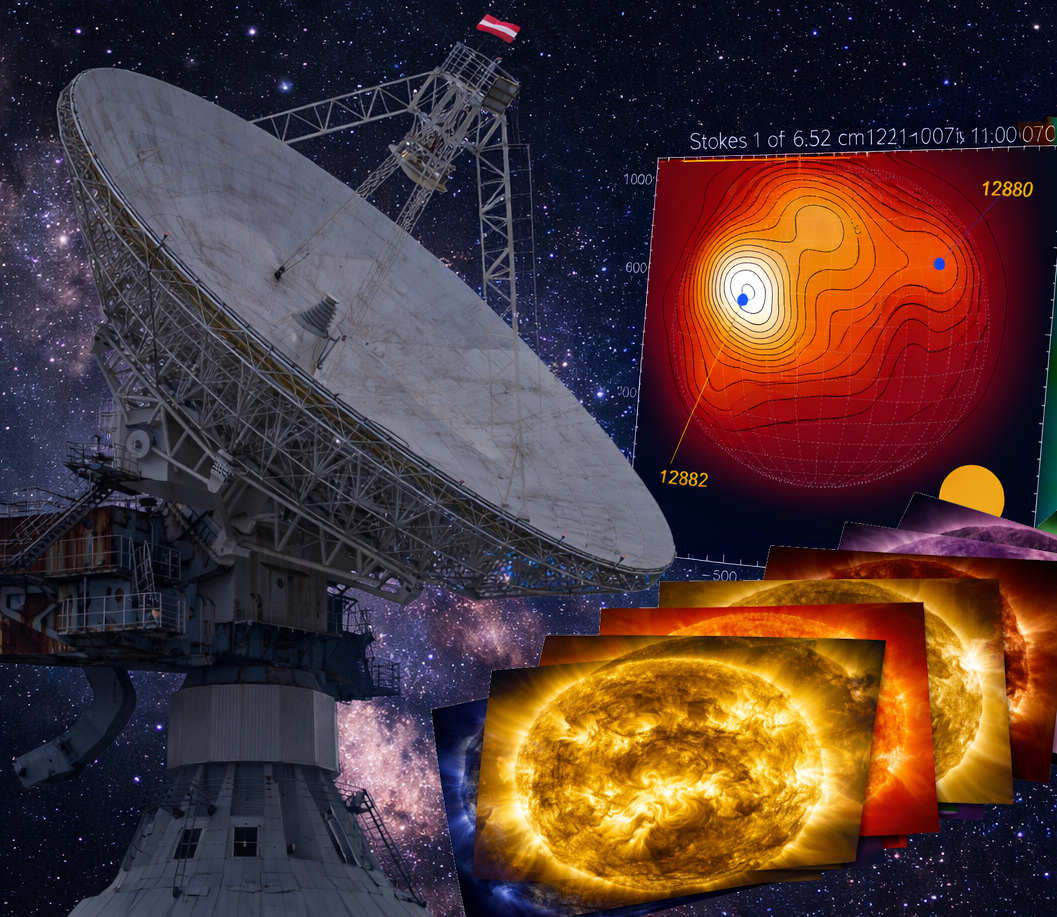Within the framework of the project “Next Generation Micro Cities of Europe,” VUAS has developed several innovative products to improve the study process.
Since November 1, 2018, Ventspils University of Applied Sciences has been involved in the project “Next Generation Micro Cities of Europe”. Ten cooperation partners from Ventspils and Valmiera are participating in the project. During the implementation of the project, several innovative products have been developed to introduce and use digital solutions that would considerably improve the workflow at the Ventspils University of Applied Sciences. These innovative products are available to use by both the staff and students of the Ventspils University of Applied Sciences.
One of these products is the VeApp information system that has been developed as a unique daily study and activity planning, information sharing and communications tool for the convenience of the students and staff of VUAS. The VeApp is available for iPhone, iPad, and Android smartphone users.
On the app, the users can view their current study or event calendar. Students can now find and contact the lecturers and the VUAS staff, as well as quickly locate rooms at the university. With the check-in function built in the app, the students can easily mark themselves present at lectures and events by using their smartphones to scan the QR codes displayed on special LCD screens near the most frequently used classrooms. These screens will display the list of lectures, any published changes, and the QR codes necessary for the digital check-in using a smartphone.
Additionally, the application serves as an informative platform through which important announcements about news and opportunities at the university can be shared in real-time. Meanwhile, the VeApp content control system enables the VUAS administrative staff to easily and securely control the sections and content of the app in real-time, allowing for a quick and efficient way to adapt to different levels of change.
Other innovative achievements and upgrades include the new video studio which is currently being equipped and will soon be available for use. The video studio will serve as a tool for creating new materials and modernizing the existing ones. The studio provides professional filming, lighting and sound equipment, as well as top-class editing and recording software. The equipment and software can be used for streaming and online classes, recording and editing videos for various purposes.
During the project, room C406 was modernized and improved and is now proudly called the interactive digital classroom. The new interactive digital classroom was set up to assist the daily work of lecturers with various tools. It provides the lecturers a convenient way to present their lectures both in-person and remotely, or in a mixed-mode, even if the students are on-site and the lecturer is working remotely. The classroom is equipped with a microphone and a camera for online transmission of the lecturer, as well as webcams for students, digital tablets for drawing and writing on the computer, and an interactive whiteboard that provides remote access.
In the project, the word "innovative" is not limited to just technology and tools, but it also includes methodology which plays an important role. For example, 36 hours of training were organized on the topics of creating a modern online course, the tools and versatile possibilities on Moodle, including the use of interactive tools, modernized FIT courses, additionally, the faculties of VUAS and the Lifelong Learning Center developed distance learning courses with video-based content. Momentum has increased for effective and meaningful use of various ICT tools in the process of teaching study courses.
The project "Next Generation Micro Cities of Europe" has initiated the development of distance learning and laid the foundation for its development where, through the use of a technological base and appropriate methodologies, we will be able to develop innovative approaches to studying.
This project is co-financed by the European Regional Development Fund through the Urban Innovative Actions Initiative. The content of this press release does not reflect the official opinion of the Urban Innovative Actions Initiative. Responsibility for the information and views expressed in the press release lies entirely with the author.
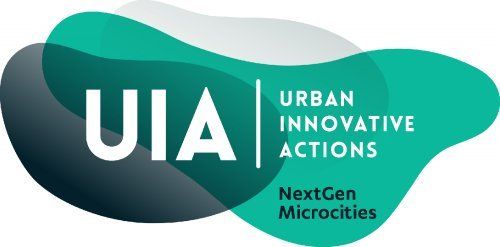
Share on other platforms
Other news


